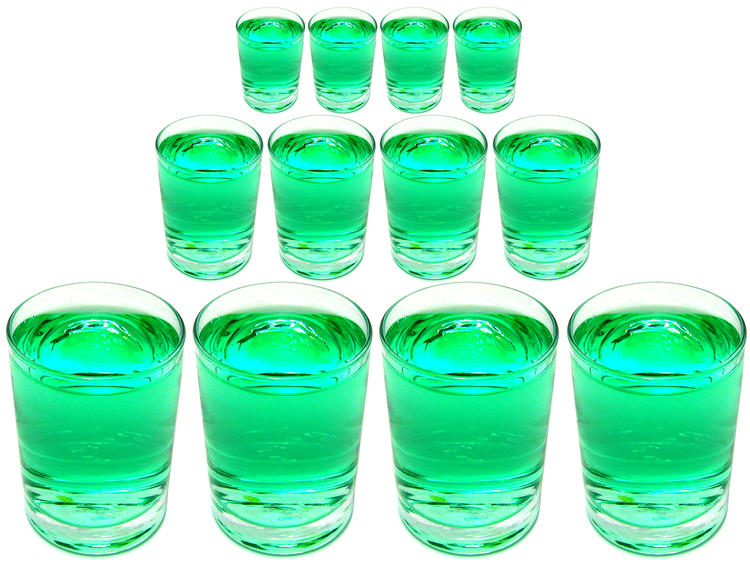The distribution and sale of caffeinated alcoholic beverages, including Four Loko and Joose, are no longer permitted in the state of Texas, according to a Texas Alcoholic Beverage Commission press release.
The decision was based on the actions of the Food and Drug Administration who notified the makers of Four Loko, Joose, MAXXX, Moonshot, Core
High Gravity HG Green, Core High Gravity HG Orange and Lemon Lime Core Spiked about the dangers of adding caffeine to their alcoholic beverages, according to the press release. The companies were given 15 days to respond as to how they would remedy the violation of adding what the press release referred to as an “unsafe food additive.”
Yvonne Giovanis, associate director of the TCU Drug and Alcohol Education Center, wrote in an e-mail that one of the most widely recognized risks of consuming these types of beverages was how the caffeine could have the power to mask the effects of the alcohol.
“[Students] do not realize [how] intoxicated they are and are therefore more inclined to engage in dangerous behaviors like continuing to drink or drive,” Giovanis wrote.
In addition, alcohol and most stimulants, especially caffeine, are diuretics, which can lead to severe dehydration, Giovanis wrote.
Sophomore marketing major Toby Teakell said he agreed with the TABC’s decision to ban the sale of caffeinated alcoholic beverages because of the potential health risks, but also believed it should take the same initiative with other companies who produce similarly dangerous products, such as cigarettes.
Junior nursing major Paige Kirscht said she also agreed with TABC’s decision based on the stories released about alcoholic energy drinks and their harmful effects on high school and college students. She said many students do not realize the harm they are doing when they drink the mixture of caffeine and alcohol.
“The alcohol will depress your nervous system and then the caffeine stimulates it,” Kirscht said. “It’s like you’re stepping on the gas and also hitting the break while you’re driving.”
Teakell said that despite the health risks associated with the drinks, there were many reasons why their ban may be unpopular among college students.
“First of all, they’re cheap and easy to get your hands on,” Teakell said. “And it gives you a really, really quick drunken state from the alcohol, and it’s without having to drink a lot.”
Kirscht said that the ban might actually increase the drinks’ popularity.
“When something gets banned, it almost becomes more desirable,” Kirscht said. “I just feel like people will find a way to get it.”
Giovanis wrote that since other states have already banned these types of drinks, including Washington, Michigan, Utah and Oklahoma, she fully expects more states will follow suit.

